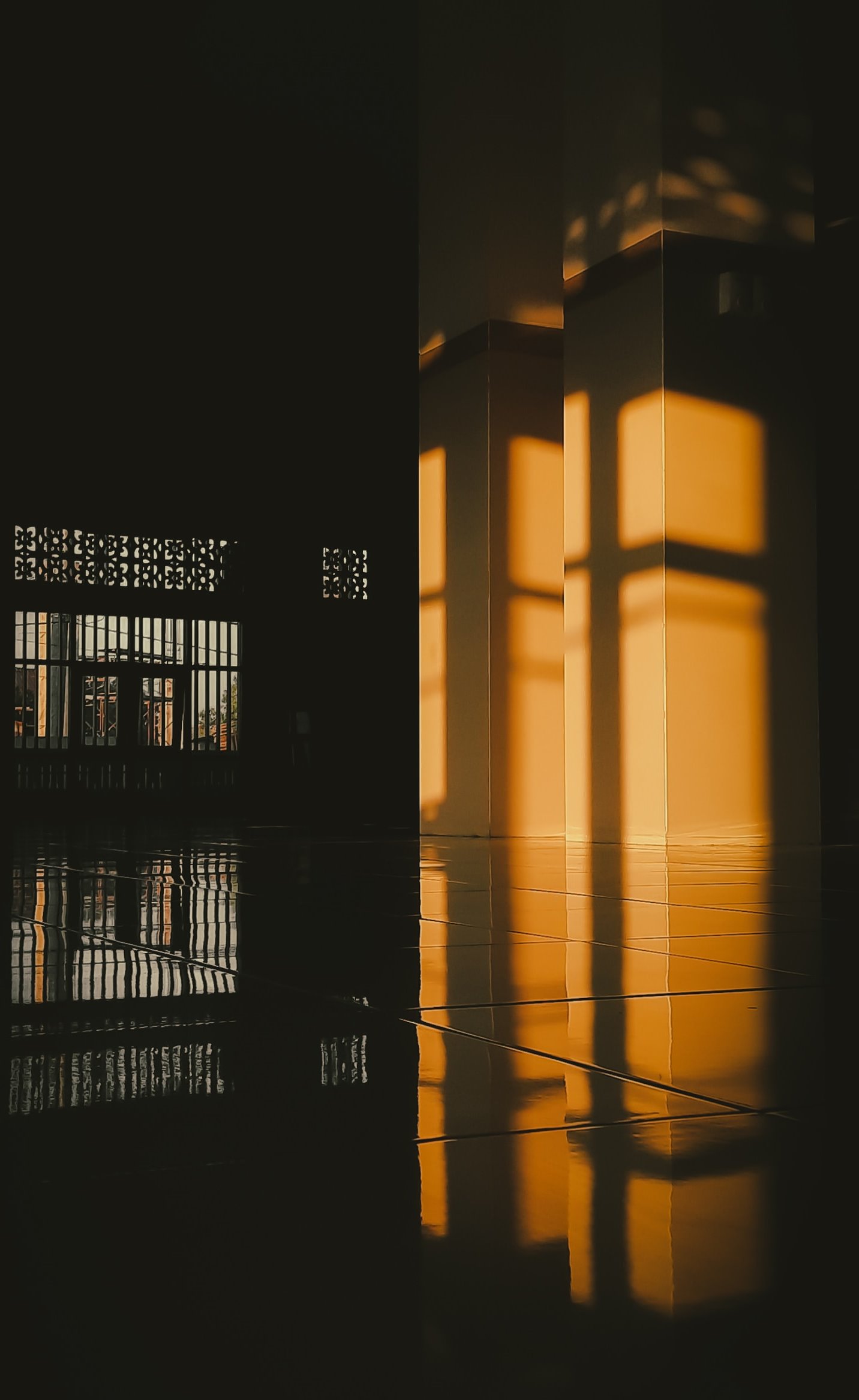in today’s world, the Hijab is often a topic of curiosity, conversation, and sometimes, controversy. But for Muslim women who choose to wear it, the Hijab is far more than a piece of cloth — it’s a symbol of faith, identity, modesty, and empowerment.
🌙 What Is the Hijab?
The word Hijab in Arabic means barrier or covering. In an Islamic context, it refers to the modest dress code and behavior expected of both men and women. For women, it usually includes covering the hair and body in a way that reflects humility and dignity.
But Hijab is not just about what you wear — it’s also about:
- How you speak
- How you treat others
- How you carry yourself with self-respect
📖 What Does the Qur’an Say?
The Hijab is rooted in the teachings of the Qur’an and the Sunnah (traditions of Prophet Muhammad ﷺ). Allah says:
“O Prophet, tell your wives and your daughters and the women of the believers to bring down over themselves [part] of their outer garments. That is more suitable that they will be known and not be abused.”
(Surah Al-Ahzab 33:59)
“Tell the believing women to lower their gaze and guard their modesty; and not display their beauty except what is apparent; and to draw their veils over their bosoms…”
(Surah An-Nur 24:31)
These verses emphasize modesty, protection, and dignity — not oppression.
💛 Why Muslim Women Wear the Hijab
Every woman has her own personal reason, but common motivations include:
- Obedience to Allah
- Pride in Islamic identity
- Desire for modesty and respect
- Spiritual growth and discipline
- Empowerment through choice
For many, the Hijab is liberating — it allows them to be judged by their character, not their appearance.
🧠 Misconceptions About Hijab
Let’s clear up a few common myths:
❌ “Hijab is forced.”
✅ In Islam, faith must be practiced freely. The Qur’an says:
“There is no compulsion in religion…” (2:256)
Most Muslim women choose to wear the Hijab out of devotion, not coercion.
❌ “Hijab equals oppression.”
✅ True oppression is when a woman is denied the right to choose how she dresses — whether she’s forced to wear it or not to wear it. Hijab, when worn by choice, is a form of freedom.
❌ “You can’t be fashionable in Hijab.”
✅ Modesty doesn’t mean looking dull. Today, modest fashion is a growing trend, proving that you can express your style while staying true to your values.
🤝 Hijab Deserves Respect
Whether or not someone wears Hijab, it’s important to remember that respect, dignity, and kindness are the foundation of how we treat one another. Hijabi women should not be stereotyped, judged, or excluded — they are professionals, artists, students, mothers, and leaders.
🌸 Final Thoughts
The Hijab is not a limitation — it’s a spiritual statement, a personal journey, and a badge of belief. It reflects a woman’s connection with her Creator and her desire to be recognized for her mind, not her body.


